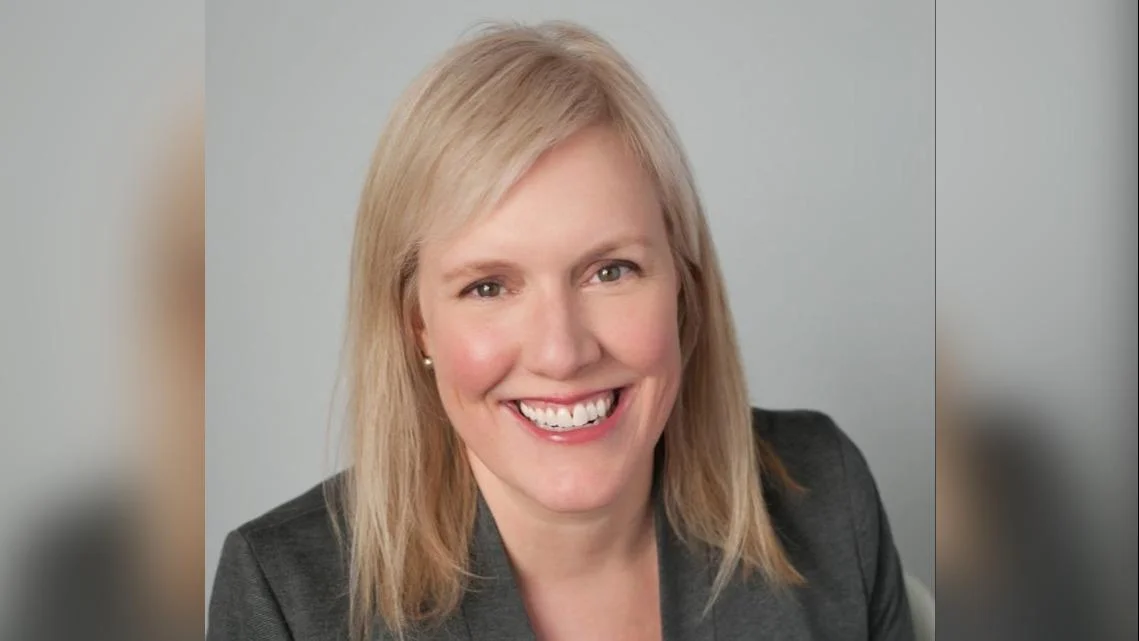Secretary-designee Kirsten Johnson | Wisconsin Health Care Association Website
Secretary-designee Kirsten Johnson | Wisconsin Health Care Association Website
March marks Self-Harm Awareness Month, and the Wisconsin Department of Health Services (DHS) is emphasizing the importance of recognizing signs of self-harm among youth, particularly those aged 10-19. The department highlights that incidents of self-harm tend to rise following school breaks and towards the end of the academic year. Recent data showed a nearly 10% increase in adolescent emergency department visits for self-harm in May 2023 compared to April, with a further 24% increase observed in April 2024 over March.
State Health Officer Paula Tran commented on this issue, stating, "A return from break and the sprint to the end of the school year can bring uncertainty and stress for young people, and statewide data continue to point to a concerning trend that too many young people are turning to self-harm." She emphasized the need for safe and nurturing environments for Wisconsin's youth and mentioned DHS's efforts to use data-driven strategies to enhance mental health support.
In response to these concerns, over $900,000 from the Centers for Disease Control and Prevention has been allocated to fund new initiatives under the Wisconsin Comprehensive Suicide Prevention Program. This funding aims to train healthcare staff on crisis intervention techniques and supports community organizations focused on reducing risk factors associated with self-harm.
Governor Tony Evers has also proclaimed 2025 as the Year of the Kid in his State of the State address. His administration plans significant investments in youth mental health through his 2025-27 Executive Budget. Nearly $300 million is designated for comprehensive mental health services in schools, including peer-to-peer suicide prevention programs.
The DHS provides resources for caregivers on how to talk with young individuals about their struggles and offers tools promoting resilience. They encourage open conversations about mental health within families and communities.
For those experiencing distress or concerned about someone who might need help, DHS advises contacting the 988 Suicide & Crisis Lifeline for round-the-clock support from trained counselors.






 Alerts Sign-up
Alerts Sign-up